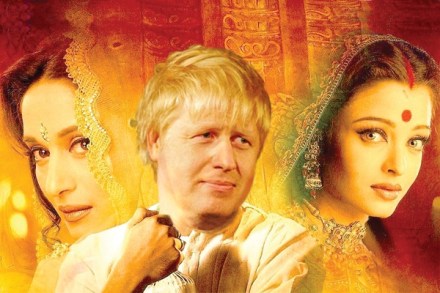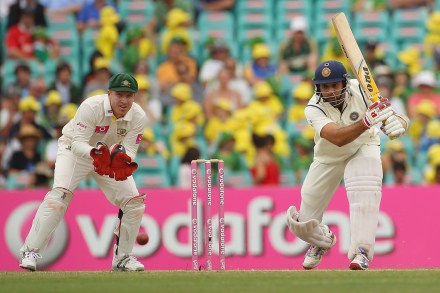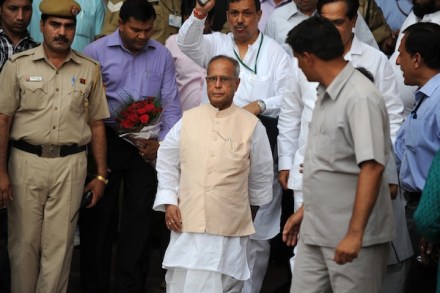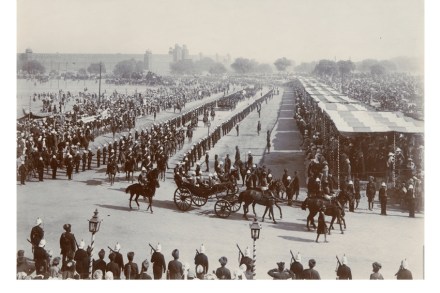Boris in Bollywood
So Cameron is making his mark on the EU budget, Gove has caused a stir with his Leveson remarks, and Osborne is prepping for his Autumn Statement. No matter. As usual, Boris is marching to the beat of his own cinematic drummer. He’s going to Bollywood, on an India trip many interpret as an effort to project himself as a future world leader. The Mayor of London is visiting Delhi, Hyderabad and Mumbai, where he will appear on a top TV chat show and visit Bollywood studios. It is couched as a trade mission – ‘London loves India,’ he is quoted in the Hindustan Times as saying – but many












